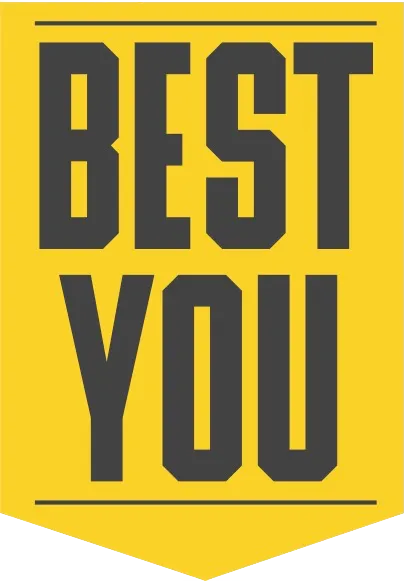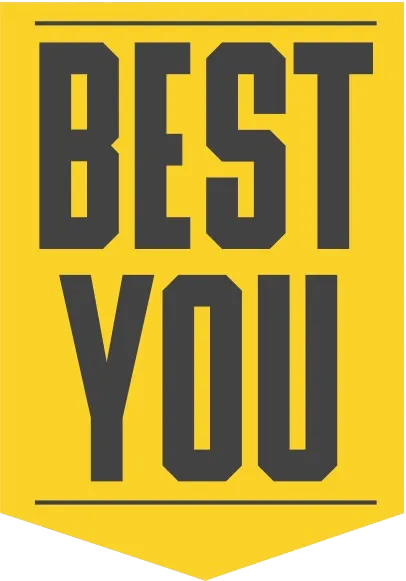
How Many Calories Should You Eat to Lose Weight?
(The Real Answer)
If you’ve ever found yourself googling “How many calories should I eat to lose weight?” only to fall into a black hole of conflicting answers, you’re not alone. Between clickbait headlines and overly generic advice, it’s easy to feel lost—and frustrated.
Let’s cut through the noise and talk about what really works.
First, What Is a Calorie?
A calorie is simply a unit of energy. It’s not “good” or “bad”—it’s just fuel. When we shift our mindset to see calories as fuel for our body, rather than something to fear or avoid, everything changes.
The Simple Equation (That’s Not So Simple)
Weight loss comes down to one thing: being in a calorie deficit. That means consuming fewer calories than your body burns in a day. But how do we figure that out?
Let’s break it down into two parts:
1. Calories In
This is what you eat. Every gram of:
Protein = 4 calories
Carbohydrates = 4 calories
Fat = 9 calories
So, if you eat a meal with 50g of carbs, 30g of protein, and 20g of fat, you just consumed about 500 calories.
2. Calories Out
This is where it gets nuanced. Your body burns calories in four main ways:
BMR (Basal Metabolic Rate): Calories your body burns at rest (≈ 65%)
NEAT (Non-Exercise Activity Thermogenesis): Daily movements like walking or fidgeting (≈ 25%)
TEF (Thermic Effect of Food): Calories burned digesting food (≈ 10%)
EAT (Exercise Activity Thermogenesis): Your workouts (0–10%)
Put those together, and you get your TDEE (Total Daily Energy Expenditure)—a fancy way of saying how many calories you burn in a day.
Want help calculating your TDEE?
Just DM me the letters TDEE on Instagram @carrier_bestyou, and I’ll do it for you personally.
How Big Should the Deficit Be?
If fat loss is your goal, a deficit of 300–600 calories per day is ideal.
Why not more? Because going too extreme:
Slows your metabolism
Risks losing muscle
Leaves you feeling like crap
Start with the smallest effective deficit that still gets you results. That gives you room to adjust later as your body adapts.
Real-Life Examples
Let’s put numbers to this with some typical scenarios:
Female A (50 years old, 150 lbs, 30% body fat, moderately active)
TDEE: ~2,100 calories
Goal intake for weight loss: ~1,700 calories
Female B (40 years old, 165 lbs, 21% body fat, very active)
TDEE: ~2,600 calories
Goal intake for weight loss: ~2,200 calories
Male A (40 years old, 210 lbs, 25% body fat, moderately active)
TDEE: ~3,000 calories
Goal intake for weight loss: ~2,600 calories
Male B (30 years old, 165 lbs, 8% body fat, very active)
TDEE: ~3,000 calories
Goal intake for weight loss: ~2,600 calories
See the difference? Your caloric needs are highly individual based on age, weight, body fat percentage, and activity level.
Common Mistake: Chronic Undereating
If you’ve been dieting for years and are barely eating anything… a further deficit won’t help. In fact, it might backfire. Your metabolism adapts to low intake by slowing down. That’s why sometimes the real solution is eating more, not less, and rebuilding your metabolism through a process called reverse dieting.
Final Takeaways
Calories are energy—not the enemy.
You need to know your TDEE. DM me “TDEE” and I’ll calculate it for you.
Start with a 300–600 calorie deficit.
Be consistent for 6+ weeks.
Think long-term. Slow, sustainable weight loss protects your metabolism.
You deserve to feel confident and in control—not confused and defeated.
Want to Take Back Control of Your Whole Life?
Join my Build an Intentional Life Workshop on Thursday, April 17th at 5PM CT. I’ll walk you through how to organize the chaos of your life and start taking aligned action in every area—from health to career to relationships.
👉 Sign up free at nickcarrier.com/intentional
P.S. If today’s episode helped you, share this post with a friend who’s stuck in calorie confusion. Let’s stop the guesswork and start getting real results.
LISTEN TO THE FULL EPISODE BELOW
Copyright 2025 Best You, LLC. All Rights Reserved
3604 Sperry Ave Nashville, TN 37215
